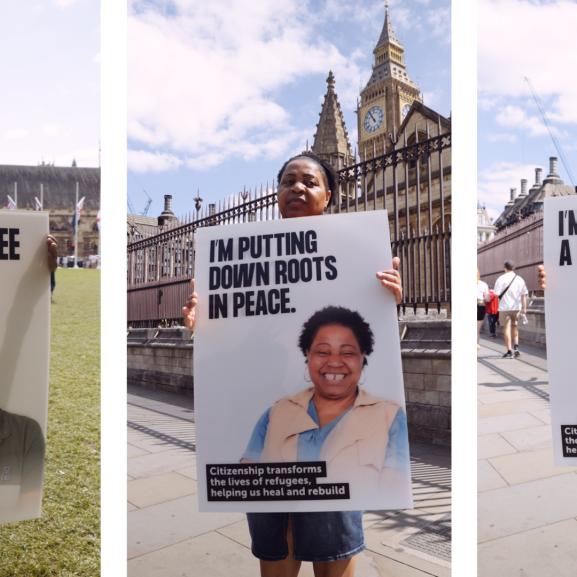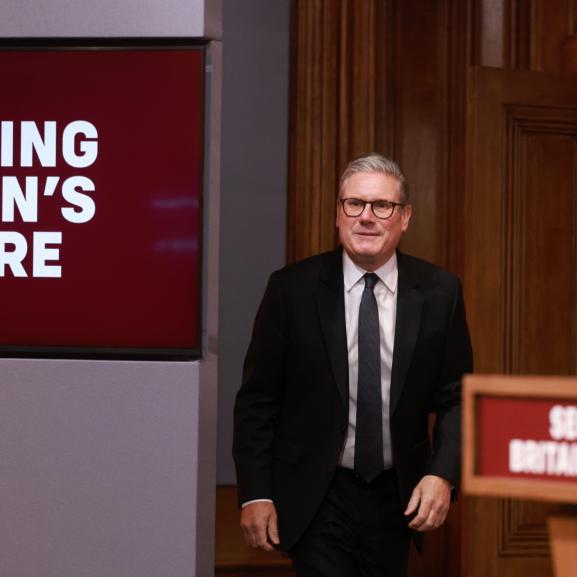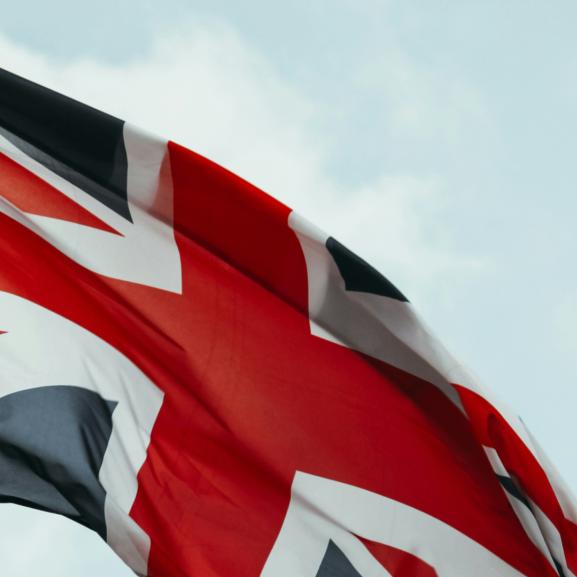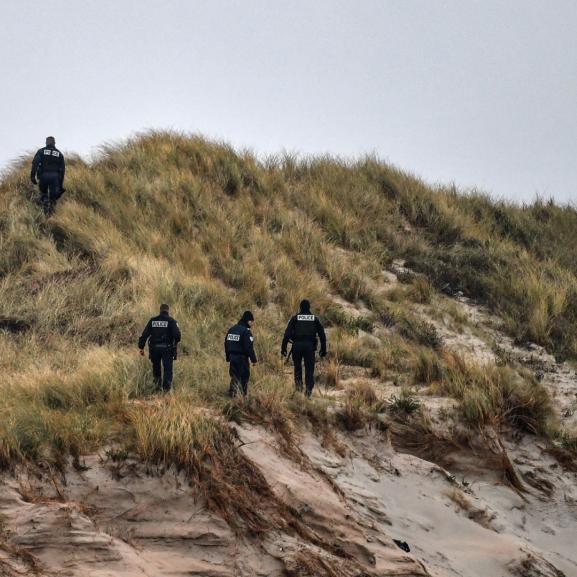MF criticises plans to X-ray asylum seeking children
The Medical Foundation has criticised a Home Office proposal that child asylum-seekers whose age is disputed when they arrive in the UK should be subject to X-rays of their teeth and wrist bones to assess how old they are.
The plan is one of a number being considered that will tighten up the procedures and policies covering the treatment of child asylum seekers, and make it easier to remove them from the country when they reach the age of 18.
At present, a significant number of the nearly 3,000 plus who arrive in the UK unaccompanied each year are accused by the Home Office or social services of being young adults masquerading as minors to prolong their stay in the UK. Children under 18 are not sent back to their countries of origin.
As a result, they are treated as adults, with some being unlawfully detained while their claim is assessed, while others are granted temporary admission, but only given basic adult support, which provides none of the statutory safeguarding and welfare duties owed to them as vulnerable children by local authority social services.
The Medical Foundation says the doubts expressed reflect a culture of disbelief within the Home Office, which can be psychologically damaging to the minors involved. It warns that X-rays will not guarantee accurate age assessment and condemns the initiative as an attempt to side-step issues of vulnerability.
MF children's lawyer Syd Bolton says: "It is sadly true that asylum seeking children seem to have become the latest scapegoat in the Home Office's talk tough, act tough stance on immigration.
"Last year around half of all applications for asylum by children were age disputed. Child torture survivors treated by the MF are frequently subjected to what they themselves regard as a humiliating, demeaning and undermining experience of age dispute and assessment.
"Not satisfied with disbelieving and rejecting their accounts of cruelty, abuse and torture, the Home Office and Social Services deny far too many children their identities as children and individuals. In many cases it can take months if not years before the courts rule them to have been a child all along, by which time, lasting psychological damage may have been done, while the decision making process on the refugee claim will have been seriously flawed.
"Medicalising the age assessment process with unproven, potentially harmful and possibly unlawful X-ray techniques, does not get to the heart of the real problem - an institutionalised denial of children's rights that has enveloped the asylum process, whatever the political rhetoric asserted to the contrary. Childhood delayed, like justice, is childhood denied."
The Royal College of Radiologists, has questioned the ethics of "irradiating people for purposes not to their advantage", and said that X-rays are accurate only to within plus or minus two years in assessing age.
The Children's Society says medical assessments "can be very traumatic and invasive for children who have experienced persecution", and the Children's Commissioner for England has raised concerns with the Home Office about "the use of a medical procedure for non-medical purposes" and a lack of informed consent. The Royal College of Paediatrics and Child Health has also questioned whether such a procedure is appropriate.
Dr Jean Bowyer, a consultant paediatrician with the MF who has written numerous medico-legal reports documenting evidence of torture among children, adds that children who have grown up in hostile environments often without families may age prematurely, further questioning the reliability of medical age assessment.
"When assessing the age of children who have grown up in the jungles of Africa, for instance, you also have to consider that physically they may have aged prematurely," says Dr Bowyer, a fellow of the Royal College of Paediatrics and Child Health. "There are also ethnic differences in age and applying the data from a study carried out on children in England is not going to apply to children from sub Saharan Africa.
"For a child who has not been persecuted in the way many of the children we see at the MF have, and who is accompanied by his mother who can reassure him as to what's going on, a dental x-ray isn't going to be particularly stressful. But for the child who has been detained in a small room that is similar in size to the dental x-ray room, it is going to be extremely traumatic. There is also the worry that there doesn't seem to be anything like the need for informed consent in the proposals.
"What is needed is an impartial yet humane holistic approach that is independent of the immigration system and therefore untainted by a desire for a quick fix, to assess the age of unaccompanied minors. Even within current legislation it would be possible to assess a child's age without the need for medical intervention in order to assess the child's vulnerability. The reason for age assessment should be to consider the child's vulnerability, not their chronological age."





